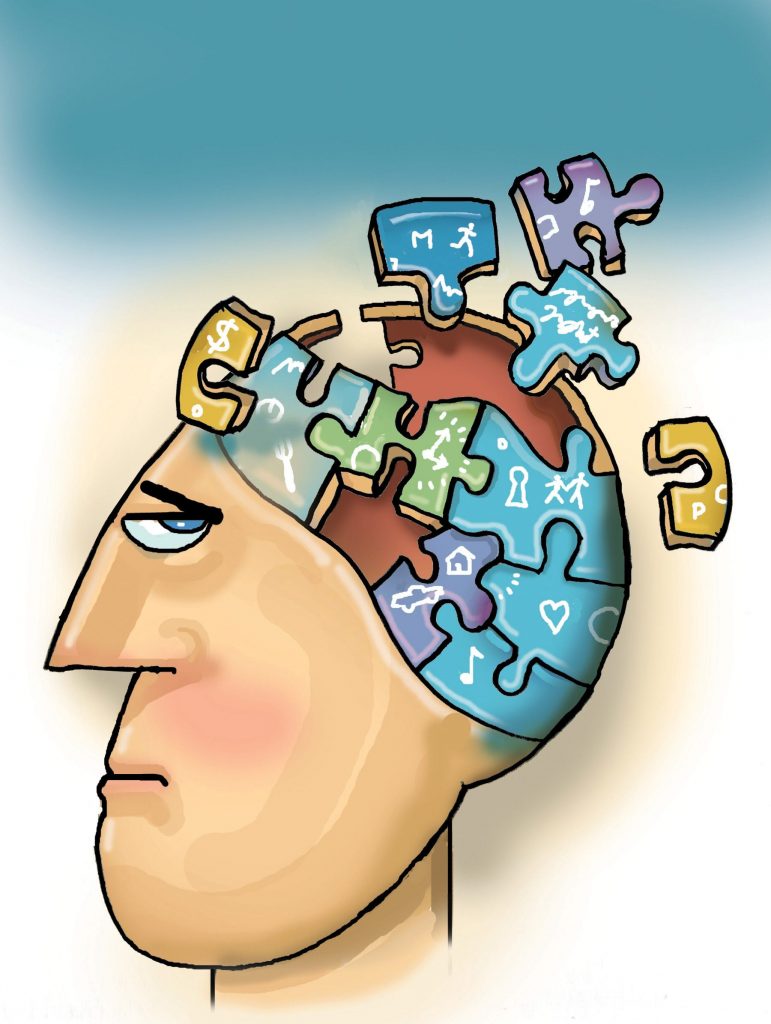By Conner Tighe
You may see the green ribbon shown everywhere throughout May, and for good reason. This month is Mental Health Awareness Month, a celebration of education and a means of raising awareness of mental illness, affecting nearly 1 in 5 Americans, according to a 2019 study in the National Institute of Mental Health. Putting that data into more concrete terms amounts to over 50 million people. Here we break down some stigma on where the facts lie.
What is mental illness?
In a general sense, it’s a wide variety of mood and thought patterns that can negatively disrupt daily life. Some examples of mental illnesses include depression, anxiety, bipolar disorder, schizophrenia, and many others.
Are males/females more affected by mental illness?
The numbers come close between the two genders, with 24 percent of females being affected while 16 percent of males are affected. However, as low as the statistics are for males, it’s a deeper problem than most might think. Only 1/3 of patients in therapy are males. Society has embraced men from a young age to not pursue help when they most need it. Men must be independent and not dependent on others for help, especially with their feelings. You can see where this issue would get out of hand.
Does mental illness affect substance abuse?
Greatly. In fact, males are more likely to abuse substances for outlet purposes.
What can I and others do to bring support during Mental Health Awareness Month?
Good question. There are several actions you can take, either for yourself or others.
- Talk about it
- Talking about your mental health, whether it’s with family, friends, or an expert, can positively impact your thought processes and overall outlook on life.
- Donate or volunteer
- For those that have money to spare, feel free to donate to mental health organizations like the National Alliance on Mental Illness (NAMI), Mental Health America (MHA), or even local organizations like NAMI Indiana and MHA of Indiana.
- You can also volunteer at some local organizations.
- Post about it
- If you’re comfortable talking about it, post about your struggles and what you’re doing to get better. Many celebrities like Demi Lovato, Drew Barrymore, and Lady Gaga have been steady advocates for mental health awareness.
- Journal
- If you can’t talk about it, write about it. There’s no shame in journaling, even for the most critical of writing. Journaling and even list-making can bring some sense of mental relief as it’s a concrete way of putting thoughts down on paper.
Sources: National Institute of Mental Health, National Institute of Mental Health, Gateway Counseling, National Institute of Drug Abuse, National Alliance on Mental Illness, Mental Health America, NAMI Indiana, MHA of Indiana
Featured Image: USA Today

